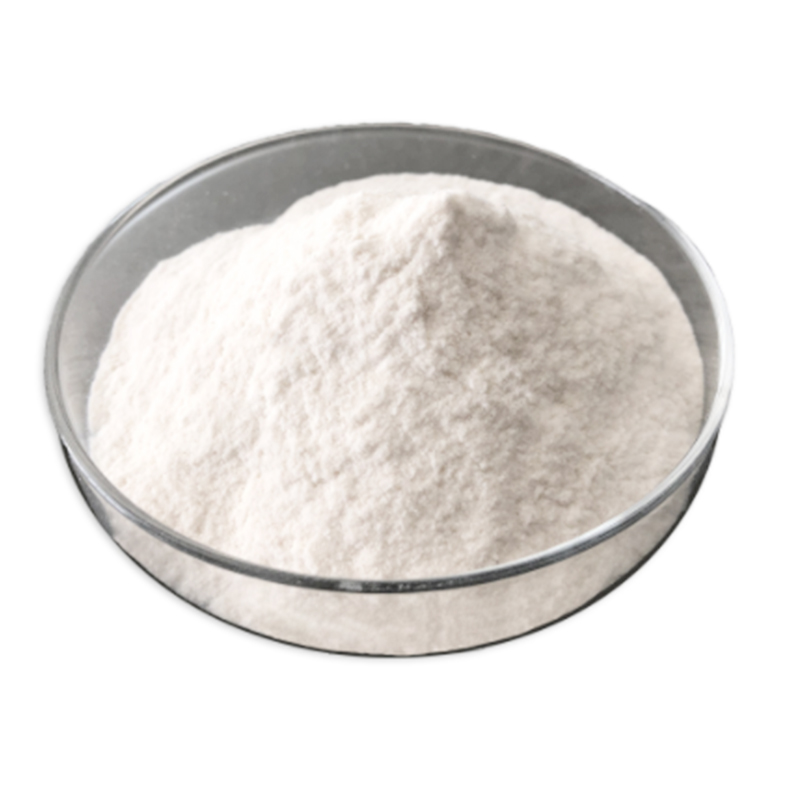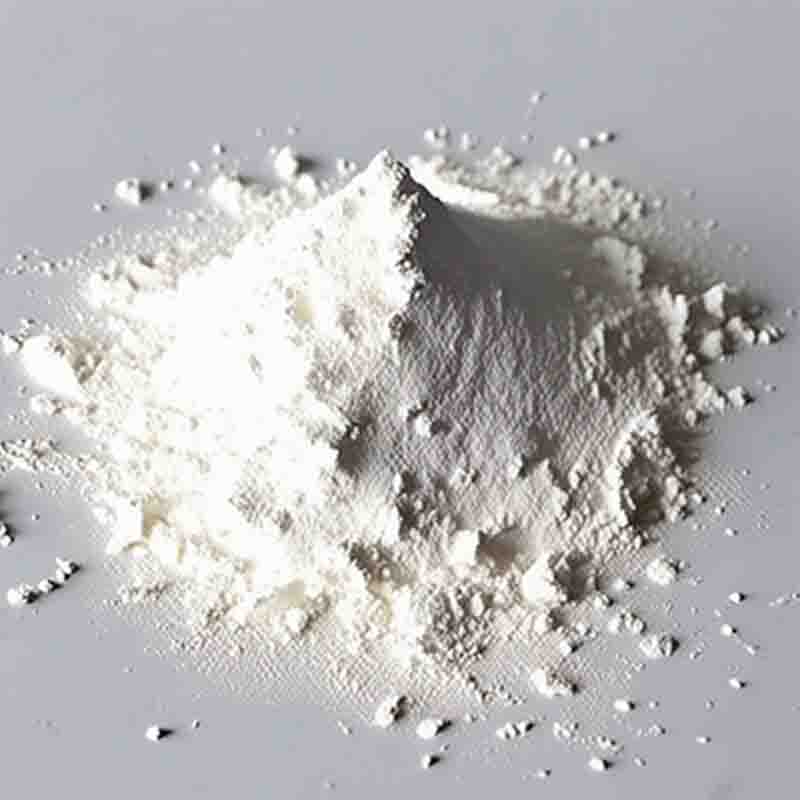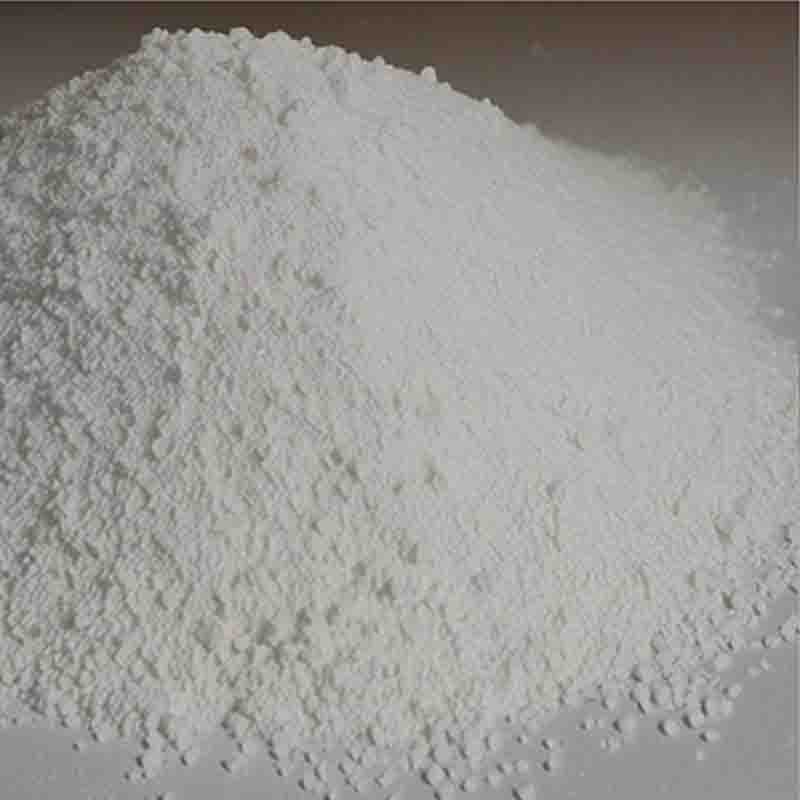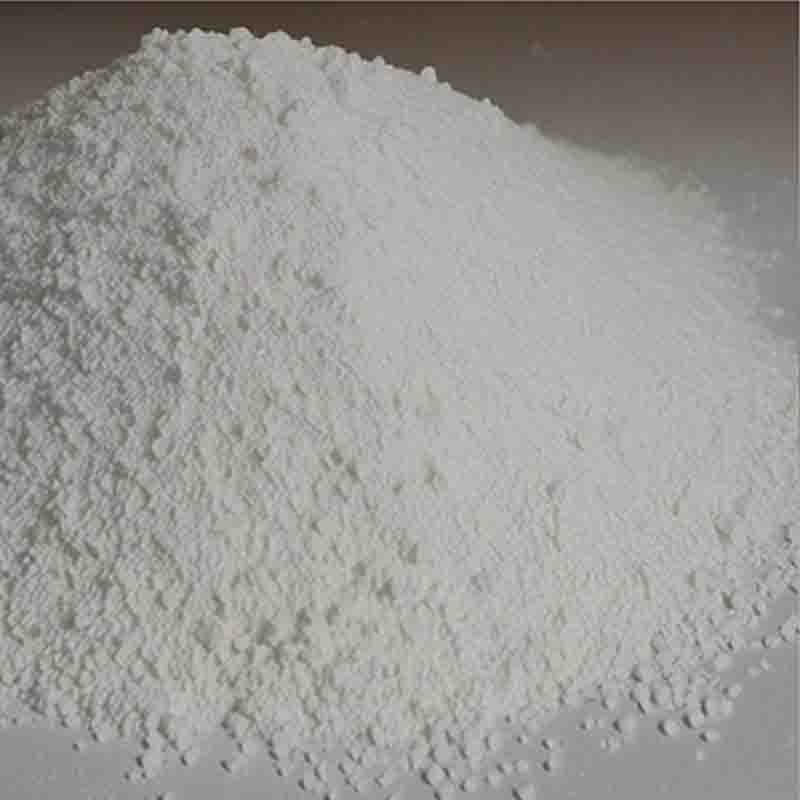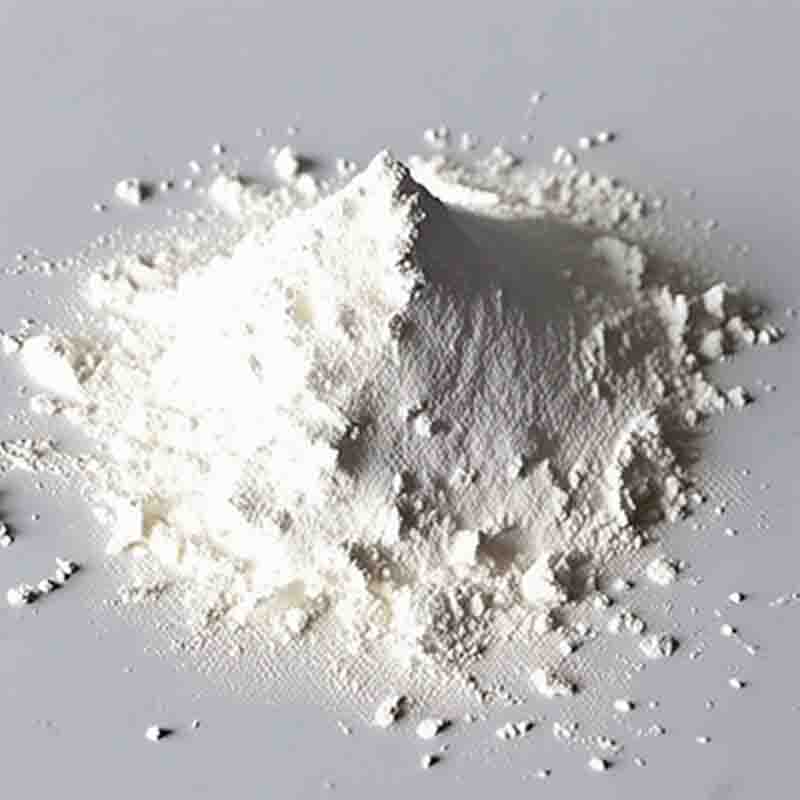Diisopropyl D-(-)-tartrate CAS: 62961-64-2
| Catalog Number | XD94216 |
| Product Name | Diisopropyl D-(-)-tartrate |
| CAS | 62961-64-2 |
| Molecular Formula | C10H18O6 |
| Molecular Weight | 234.25 |
| Storage Details | Ambient |
Product Specification
| Appearance | White powder |
| Assay | 99% min |
Diisopropyl D-(-)-tartrate is a chemical compound with the molecular formula C8H14O6. It is the enantiomer of Diisopropyl L-(+)-tartrate and belongs to the group of tartrate esters. Diisopropyl D-(-)-tartrate has several important applications due to its chirality and unique properties.One of the main uses of Diisopropyl D-(-)-tartrate is as a chiral auxiliary in organic synthesis. Its chirality allows it to serve as a building block in the production of various chiral compounds. Chemists can use Diisopropyl D-(-)-tartrate as a starting material to synthesize pharmaceuticals, agrochemicals, and other fine chemicals with specific chiral properties. This compound is particularly valuable in drug discovery, as enantiopure molecules can exhibit different pharmacological activities and metabolic profiles.In addition to its role as a chiral auxiliary, Diisopropyl D-(-)-tartrate can also be utilized as a resolving agent. It can be used to separate racemic mixtures into their individual enantiomers, allowing for isolation and purification. This property is especially important in the pharmaceutical industry, where the separation of enantiomers is crucial for the production of safe and effective drugs.Diisopropyl D-(-)-tartrate also finds application in the field of coordination chemistry. It can form complexes with various metal ions, acting as a ligand. These complexes can exhibit different properties and reactivity, making them useful in catalytic processes and other chemical transformations. The coordination chemistry of Diisopropyl D-(-)-tartrate has applications in areas such as asymmetric synthesis, stereoselective reactions, and molecular recognition.Furthermore, Diisopropyl D-(-)-tartrate has been studied for its potential use in organic solar cells. It has been shown to possess good optical and electronic properties, making it a suitable candidate for photovoltaic applications. By incorporating Diisopropyl D-(-)-tartrate into the active layer of organic solar cells, researchers aim to improve their efficiency and stability.In summary, Diisopropyl D-(-)-tartrate is a versatile compound with applications in organic synthesis, resolving racemic mixtures, coordination chemistry, and photovoltaic devices. Its chirality and unique properties make it a valuable tool in the production of chiral compounds, purification of enantiomers, and development of advanced materials. Its applications span across various fields, highlighting its significance in pharmaceuticals, chemistry, and renewable energy.




